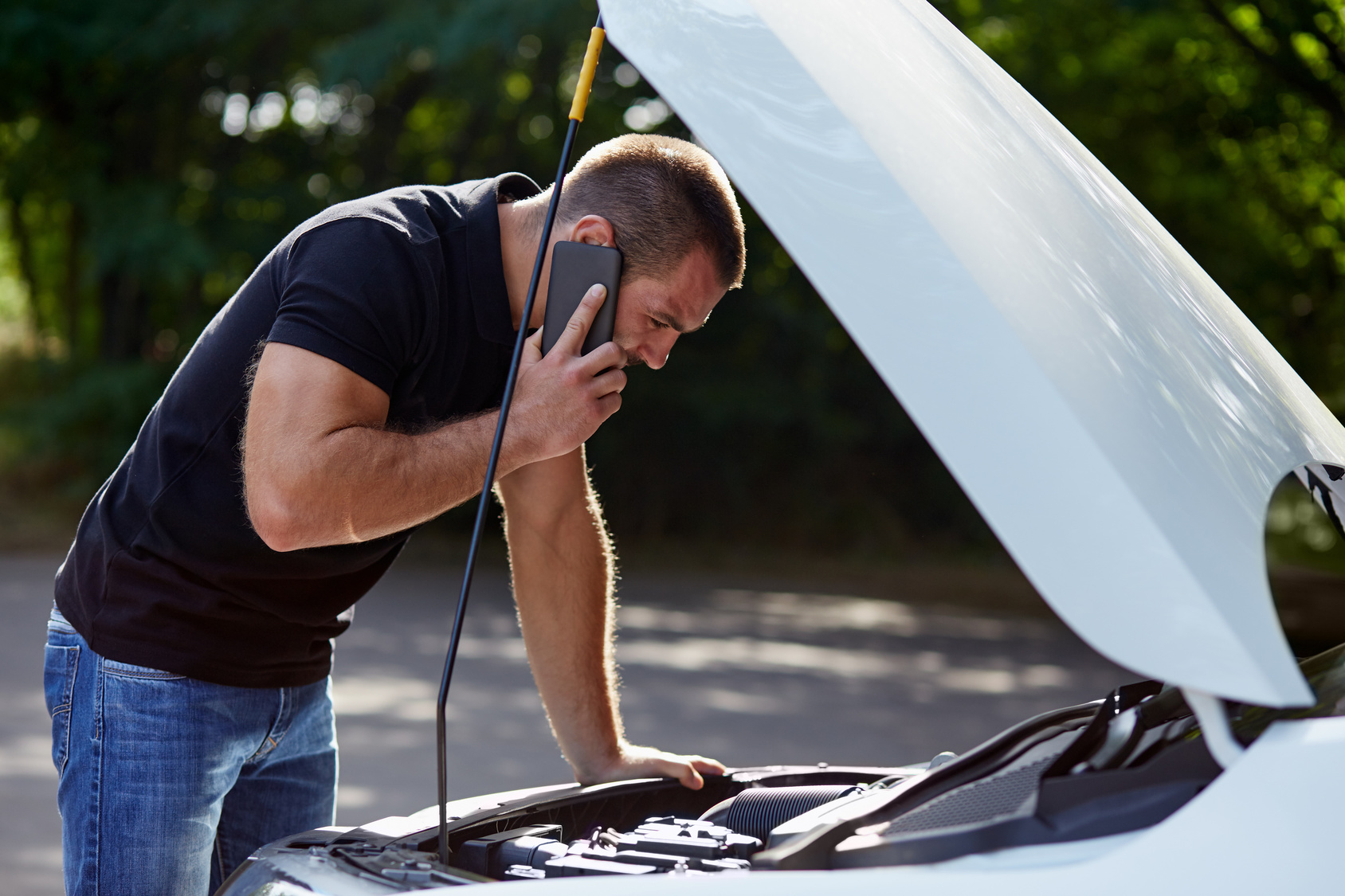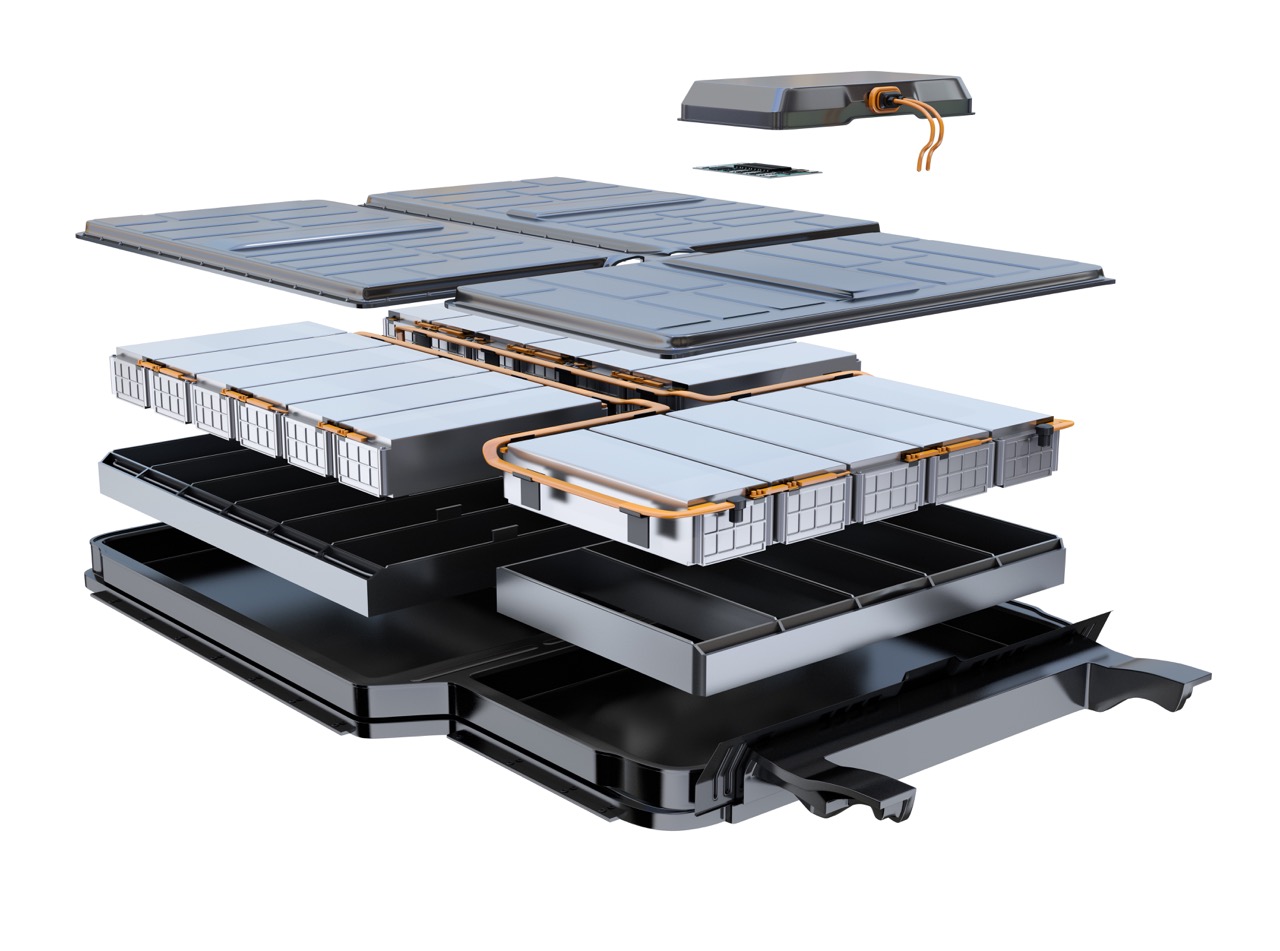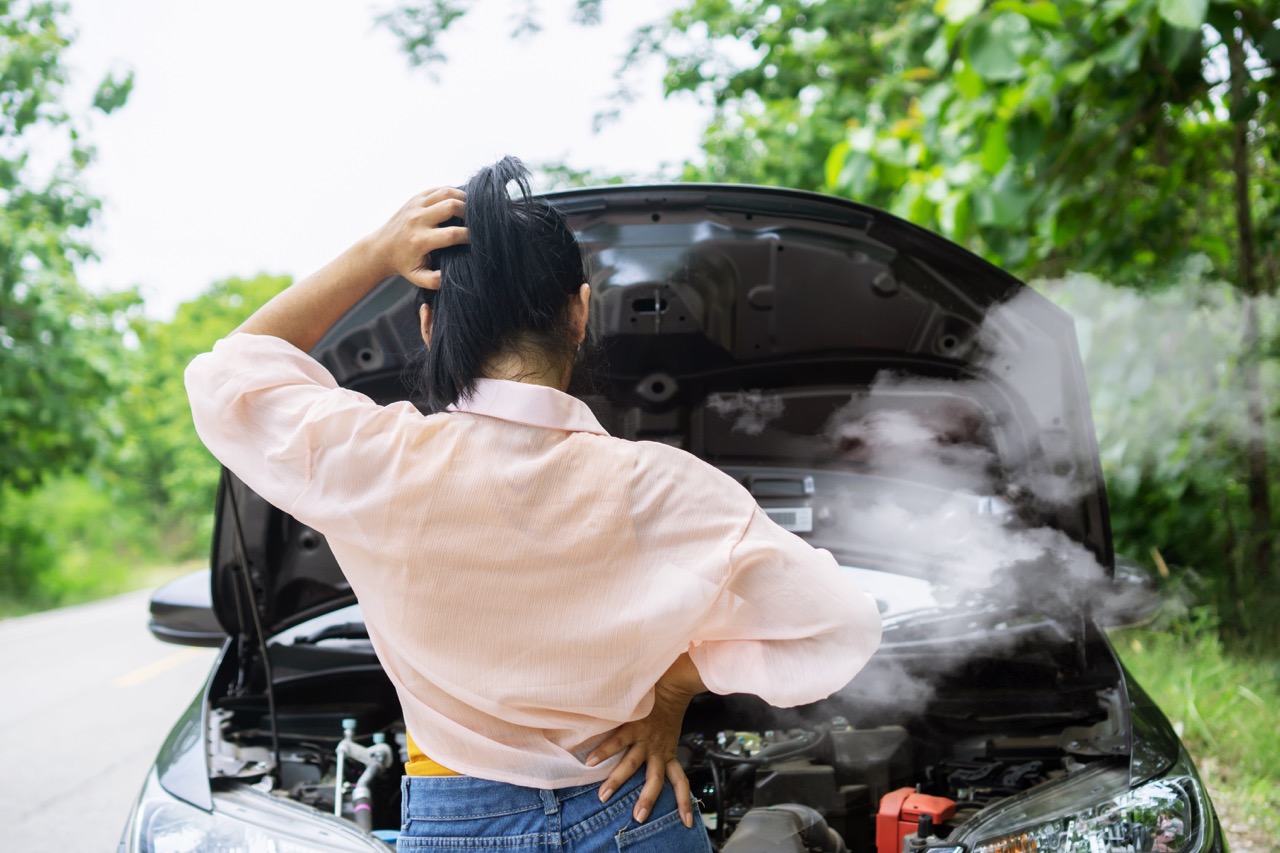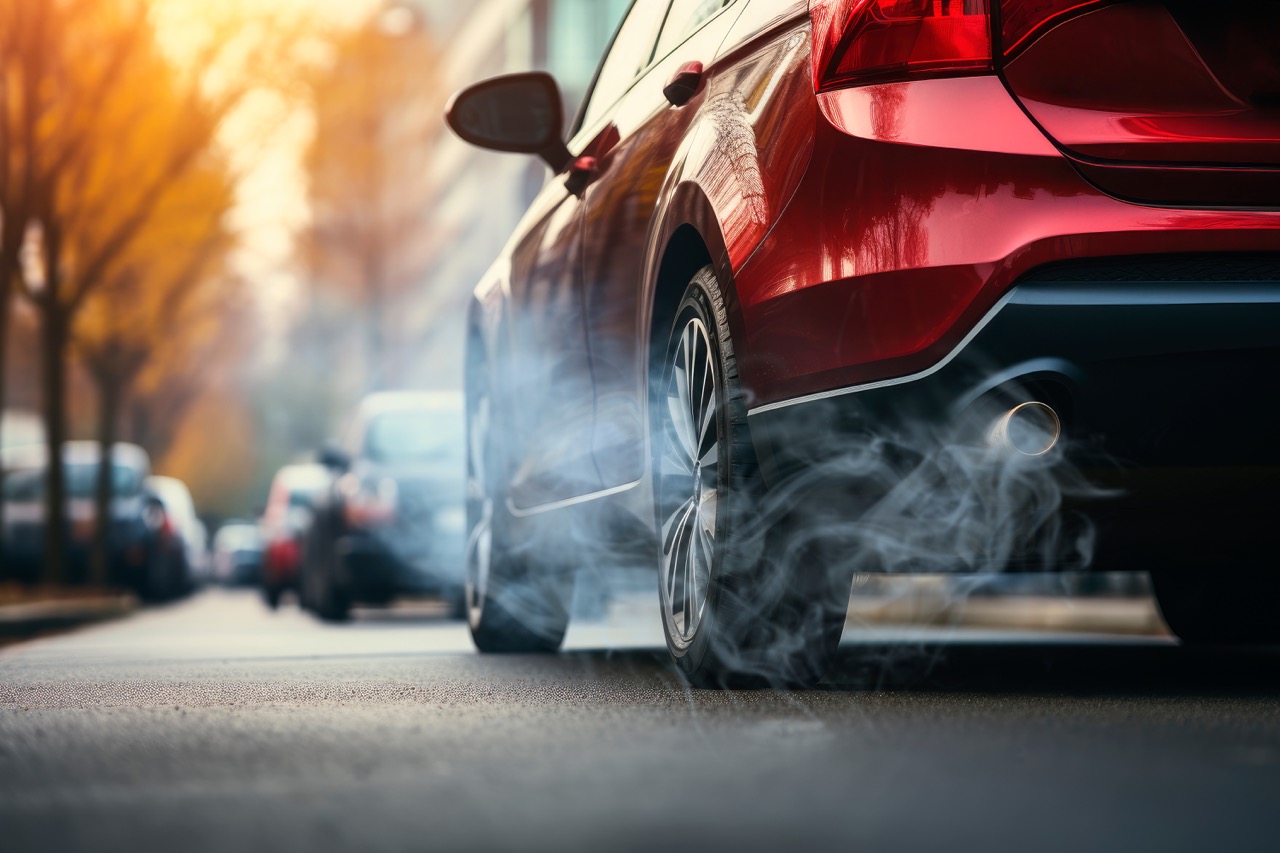
Whenever we purchase a new vehicle, or even a used one from a deal, we often hear a laundry list of violations that will cause the warranty to be void. However, there is one particular item on these lists that is actually unenforceable, and that is that auto services, or aftermarket part installations, will cause a void warranty. No matter what any manufacturer or dealer tells you, auto work done on a vehicle from a third party will not void a warranty. There are several reasons for this. Here is some more information about this scenario…
Magnuson Moss Warranty Act
The main reason that auto repairs or add-ons cannot void a warranty is because of a law called the Magnuson Moss Warranty Act. Since July 4th, 1975, when the law went into effect, the Magnuson Moss Warranty Act enacted several regulations that would require warranties to be very specifically stated, as well as specific actions that could not void a warranty. While the act doesn’t require any specific warranty to exist, it does state that if one does exist, it must be in compliance with the rules of the act. This law protects consumers from manufacturers creating warranties with tie-in sales provisions, or modified warranty agreements. It has a specific amendment for automobiles, which states that third party repairs or aftermarket parts do not void a warranty.
It is illegal to deny a warranty for repairs!
Because of the Magnuson Moss Warranty Act, it is illegal for a manufacturer to disclaim a warranty because of third party repairs or aftermarket parts being installed on a consumer vehicle. If a manufacturer does this, they open themselves up to the possibility of consumer lawsuits, which can be costly and are brought to state court. However, most companies will opt to take a less costly, informal approach to these issues. These processes are called dispute resolution mechanisms.
A warranty is only void if an aftermarket part causes an emission problem
There is one type of aftermarket auto work scenario that can void a warranty. This scenario happens when an aftermarket part is installed on the vehicle and it is not in compliance with emissions regulations, which would put the vehicle in conflict with the Clean Air Act. This case will cause the warranty to be void, at least until this part is replaced by the consumer.
Related Posts
As an EV owner, understanding your vehicle's battery is critical. From its capacity to its lifespan, and everything in between, we'll guide you through what you need to know to optimize your EV experience. So buckle up and get ready - we're about to shed some light on the electrifying world of EV batteries. What [...]
If your car is running hot, it can be a sign that something’s not right with your engine. Fortunately, diagnosing the cause of an overheating engine isn't too difficult if you know what to look for and how to address it. Keep reading if you want to learn the most common issues that occur when [...]
Your vehicle's exhaust system serves a critical role in managing the byproducts of the combustion process and ensuring optimal engine performance. The appearance of colored smoke from the exhaust pipe, either when stationary or accelerating, can provide valuable clues to underlying mechanical issues. What is a car exhaust? A car exhaust is a system [...]



